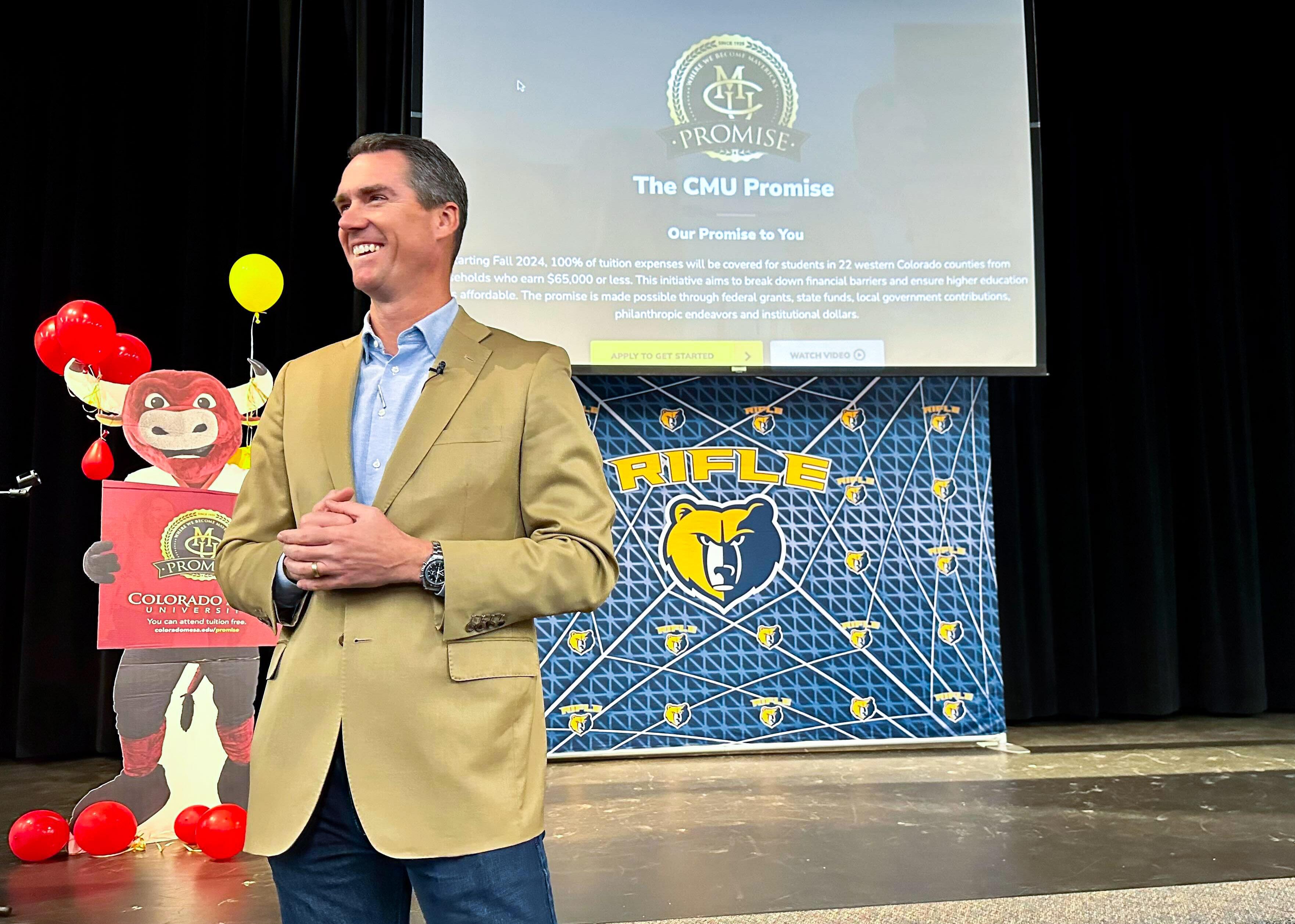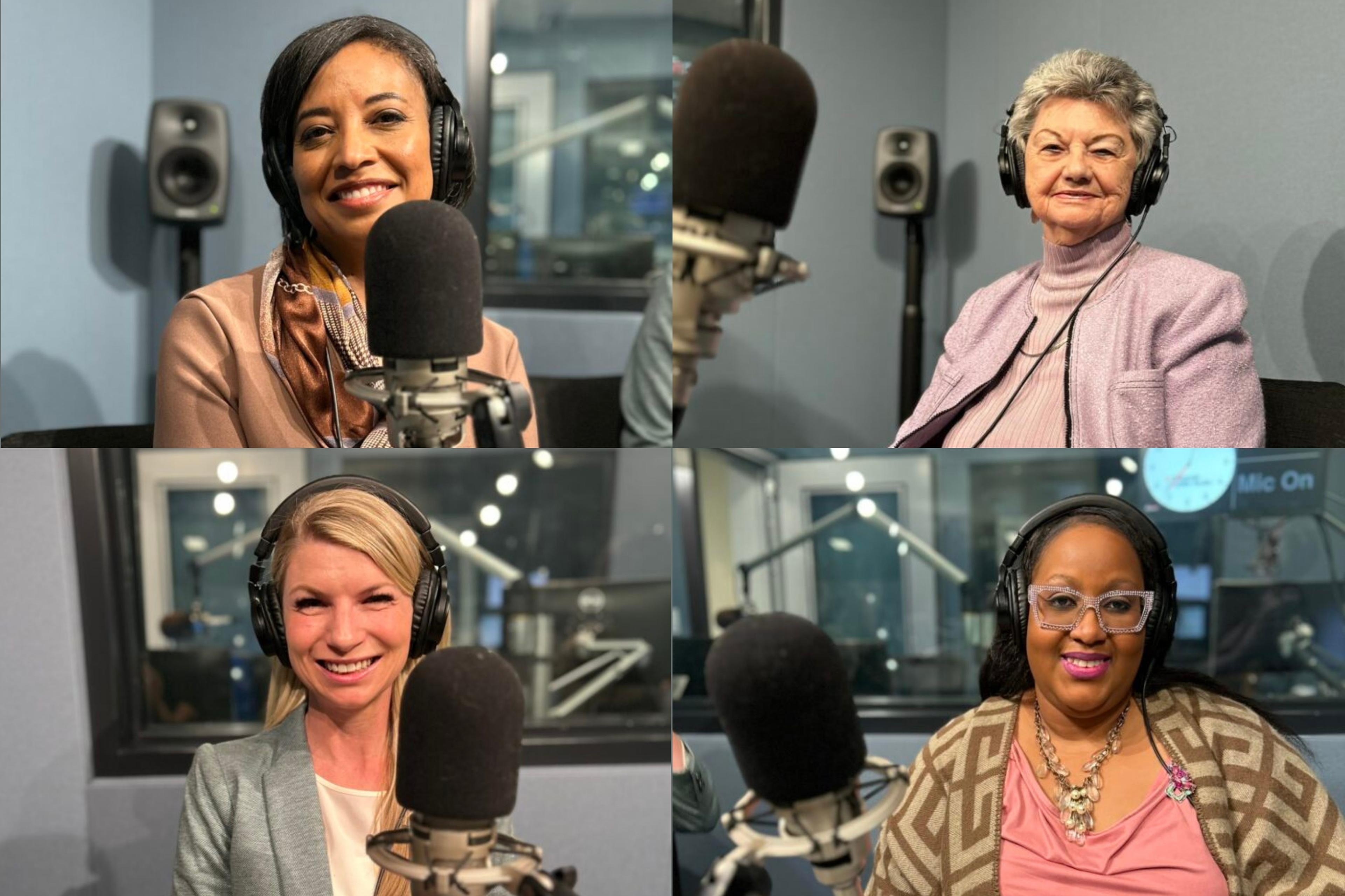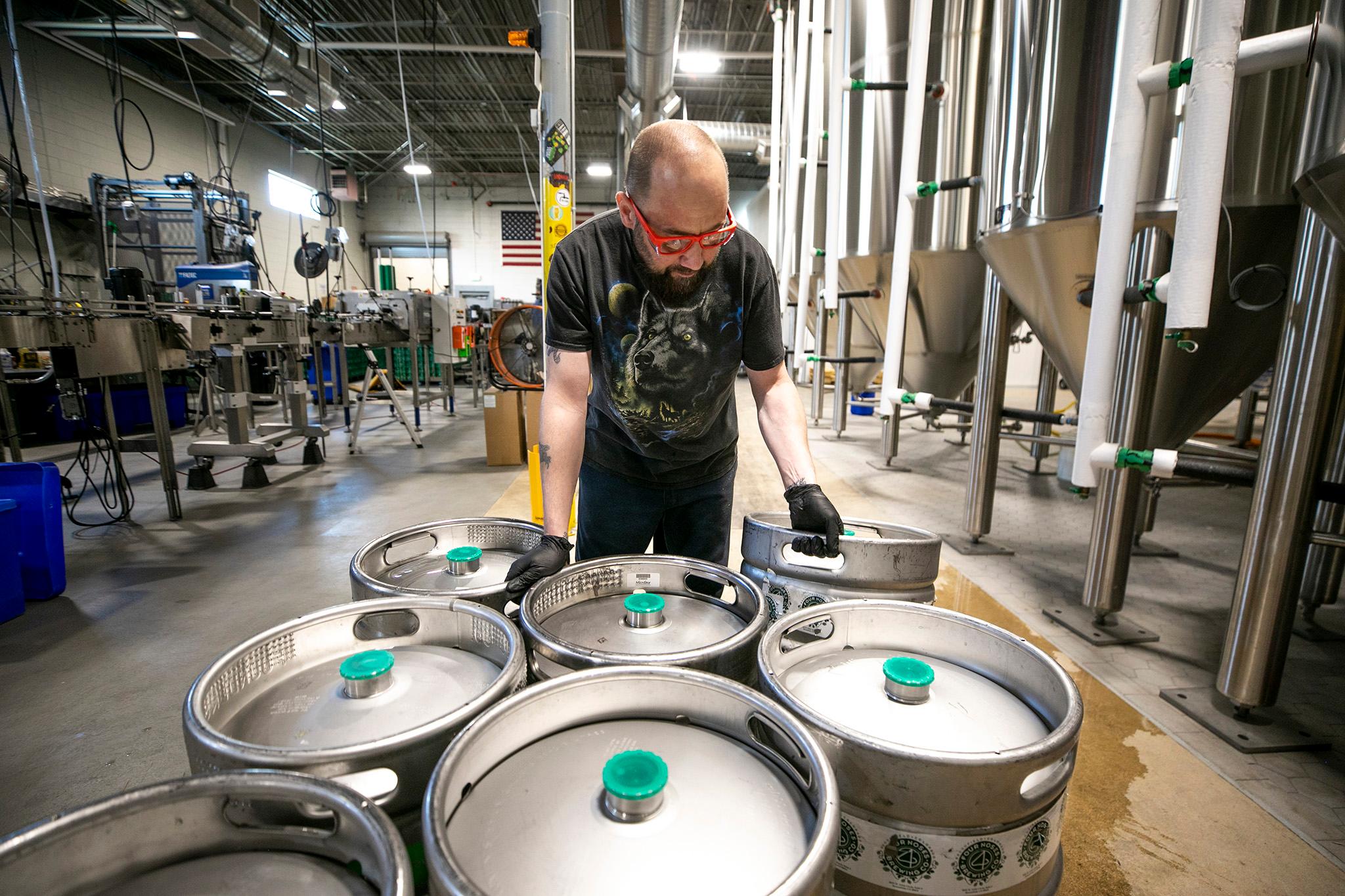For our third episode of the Converge Lecture Series Podcast, we're joined by writer Edwidge Danticat.
Danticat is the acclaimed author of many books of fiction and non-fiction, including Breath, Eyes, Memory, The Dew Breaker, and Brother, I’m Dying. She is also a prolific writer of short stories, essays, children’s books, and more.
Born in Haiti, she immigrated to the United States when she was 12 years old, and much of her work explores themes of migration and displacement, political upheaval, and the complex relationships of family and community.
In the more than two decades since she published her first novel, she’s recieved a MacArthur Fellowship, been twice nominated for the National Book Award, and won numerous other awards for her work.
Danticat was invited to speak in Colorado Springs as part of Converge Lecture Series, which brings writers and poets to the city to share their reflections on art, life, and the topic of "moral beauty."
In advance of that talk, she spoke to 91.5 KRCC about her work, her life, and the importance of bearing witness.
Listen to the full interview in the player above, or listen and subscribe on iTunes and Google Play.
In this interview:
On her introduction to writing:
I started becoming interested in writing by really listening to stories. I grew up in a household full of storytellers... We had a storytelling tradition in Haiti, certainly, but also in our family, where there were common blackouts and the lights would go out and we'd tell stories. We'd go in the summer to the countryside and at dusk people would tell stories. Neighborhood children would gather, and it was the only time that I remember that children and adults seemed to be on an equal footing. So I grew up listening to stories, but I was shy, and I didn't think I would be this kind of person who could stand in front of people and tell stories. And I was given my first book by my uncle when I was four, and it was Madeline -- in a house in Paris, covered in vines -- in French, and I realized, 'oh that's a way of telling stories too, where you don't have to stand in front of people,' and I just remember thinking, 'whatever that is... I want to do that.'
On a book that changed her life:
I was reading ferociously at the time when I just got here in the U.S. I read all the books by Haitian writers that they had in the library... and then one day I was looking for the next thing to read, and I felt like, ok, I'm going to try to read in English now... and I saw a book in the youth section of the library with a little girl on the cover. It was Maya Angelou's I Know Why The Caged Bird Sings. I started reading it with a dictionary and I just couldn't stop, I was just amazed by all the parallels with our lives... It blew my mind that you could have so much in common with someone you've never met, who doesn't speak the same language you do, who's from a different country from you. Before that moment I hadn't understood quite that literature worked like that... I felt like reading that book made me braver.
On her role as a writer in our present political moment:
Those of us who know and are around activists, and I mean true activists... are shy to call ourselves activists... but I think of myself as a witness: a person who can report on what I'm seeing and who can report on what others are saying. In many ways, this work is somewhat selfish -- this work of writing -- because, if you want to do it fully and carefully, it requires a lot of alone time, it requires a lot of time off the battlefield... I feel more comfortable saying I'm a witness, and the way I witness is through this work of writing.
91.5 KRCC is a media partner with Converge Lecture Series.









